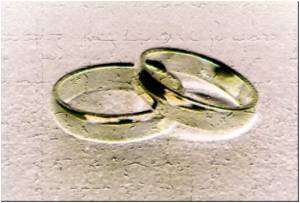During a conflict in a realtionship, how partners perceive each other's emotion, has a huge influence on different types of thoughts , according to recent research.

Sanford focused on how emotion changed within each person across episodes of relationship conflict. They found demonstrated links between different types of emotion, different types of underlying concern, and different types of perceived partner emotion.
Sanford distinguished between two types of negative emotion as "hard" and "soft." "Hard" emotion is associated with asserting power, whereas "soft" emotion is associated with expressing vulnerability.
Sanford's research also identified a type of underlying concern as "perceived threat," which involves a perception that one's partner is being hostile, critical, blaming or controlling. Another type of concern is called "perceived neglect," which involves a perception that one's partner is failing to make a desired contribution or failing to demonstrate an ideal level of commitment or investment in the relationship.
Sanford said the results show that people perceive a threat to their control, power and status in the relationship when they observe an increase in partner hard emotion and they perceive partner neglect when they observe an increase in partner flat emotion or a decrease in partner soft emotion.
Both perceived threat and perceived neglect, in turn, are associated with increases in one's own hard and soft emotions, with the effects for perceived neglect being stronger than the effects for perceived threat.
Advertisement
"In a lot of ways, this study confirms scientifically what we would have expected. Previously, we did not actually know that these specific linkages existed, but they are clearly theoretically expected. If a person perceives the other as angry, they will perceive a threat so they will respond with a hard emotion like anger or blame. Likewise, if a person is perceived to be sad or vulnerable, they will perceive a neglect and will respond either flat or soft."
Advertisement
The study has been published in the journal Personal Relationships.
Source-ANI












